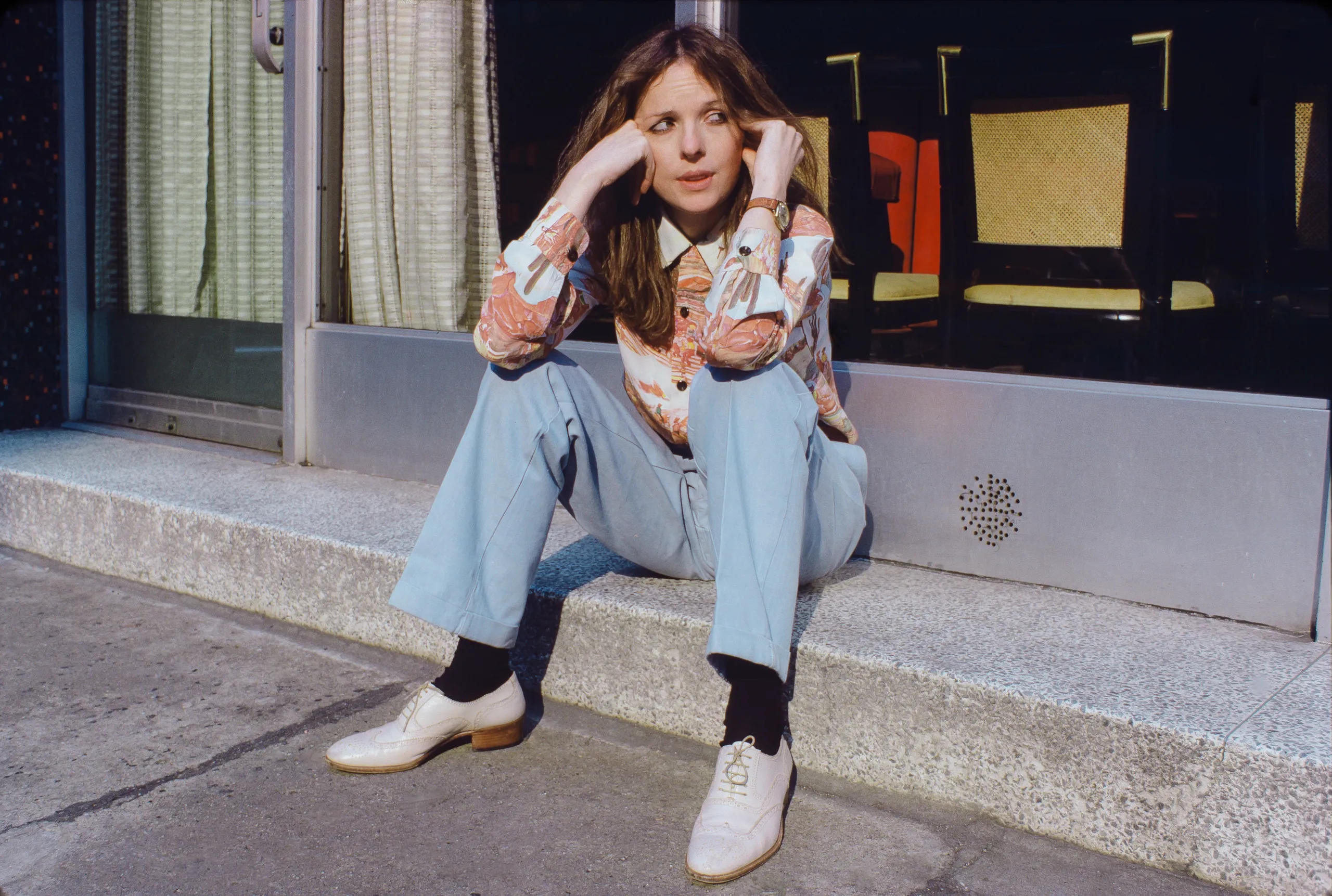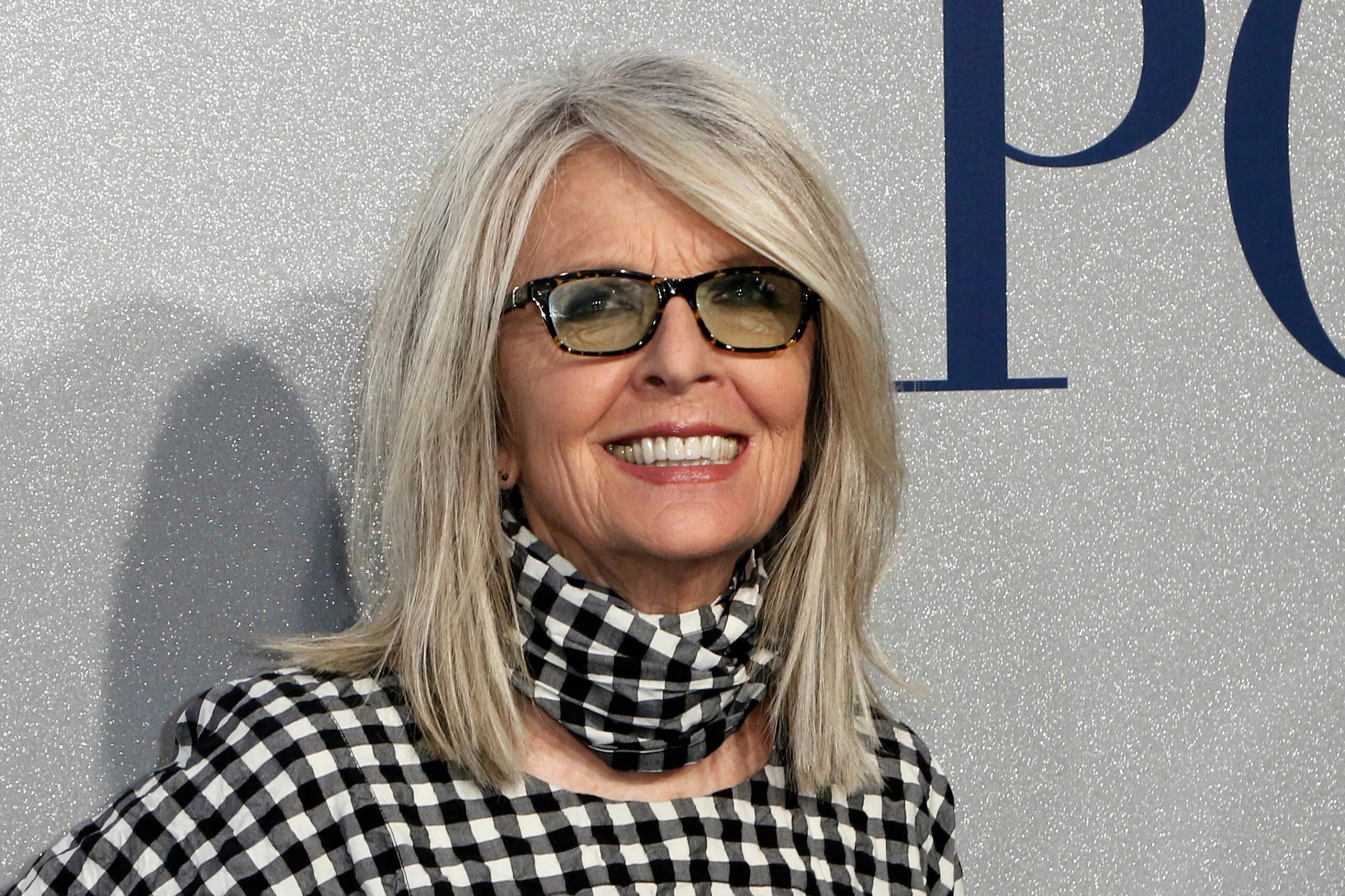The iWoman Report: Solange Knowles featured at USC, Girl gamers grow, and Diane Keaton's legacy
- iWomanTV

- Oct 16, 2025
- 5 min read
Solange Knowles Joins USC Thornton School of Music as First Scholar in Residence
The University of Southern California’s (USC) Thornton School of Music just gained a major creative force. Grammy-winning artist and visionary Solange Knowles has been announced as the school’s first-ever Scholar in Residence, a groundbreaking three-year appointment that merges art, academia, and cultural innovation.
In her new role, Knowles will teach a course titled "Records of Discovery: Methodologies for Music and Cultural Curatorial Practices," developed in collaboration with her multidisciplinary creative agency, Saint Heron. The class will explore the art of building curatorial frameworks and shaping musical and cultural landscapes, a fitting subject for an artist whose work has long blurred the boundaries between sound, design, and social consciousness.
Beyond teaching, Knowles will lead workshops, mentor students, and collaborate with faculty to expand program offerings in music curation. She will also join the Dean’s Creative Vanguard Program, a collective of pioneering artists and cultural leaders shaping the next generation of music education.
For Knowles, this moment represents both a full-circle achievement and a new chapter. Despite not following a traditional academic path, she’s spent years cultivating a deeply intellectual and experimental approach to making art. Now, her unique expertise will be shared at one of the country's top music schools.
The appointment comes during a period of artistic introspection for the R&B singer, who shared last year that she planned to dedicate 2025 to songwriting and creative exploration. Her continued evolution as both artist and educator underscores her commitment to fostering creativity across generations, empowering young artists to see music not only as sound, but as culture, history, and identity in motion.
Women and Seniors Redefine What It Means to Be a Gamer
Forget the tired stereotype of the young man glued to his console, a new study has revealed a completely different picture of who’s actually holding the controller in 2025. According to the Power of Play report from the Entertainment Software Association (ESA), women now make up more than half of all gamers in the United States, and nearly one in four American gamers is over the age of 65.
That’s right — gaming today is far more inclusive, intergenerational, and diverse than ever before. The ESA’s global survey of more than 24,000 players across 21 countries found that the average gamer is 41 years old, and that the idea of gaming as a “boys’ club” is officially outdated.
In the U.S., women represent 52% of the gaming population, with similar trends in countries like Brazil and South Africa, where women also lead in numbers. And while 16- to 24-year-olds are often seen as the “core” gaming demographic, they actually make up the smallest share of U.S. players. The fastest-growing segment? Seniors. Proving that gaming has evolved into a pastime that transcends generations.
Part of this shift comes from how broad gaming has become. It’s not just first-person shooters or competitive console titles — it’s Wordle, Candy Crush, online Sudoku, and digital versions of classics like Monopoly or crossword puzzles. The modern gamer might not be sitting in a basement surrounded by energy drinks; she could just as easily be a 70-year-old solving puzzles on her tablet, a mom playing strategy games on her phone, or a young woman exploring immersive virtual worlds.
The study also highlights the positive impact of gaming on mental and emotional well-being. Respondents reported feeling less stressed, less lonely, and more mentally sharp after playing. Many also credited gaming with improving their creativity, teamwork, and problem-solving skills, with over half saying those abilities have helped them professionally.
Representation matters, and that extends to who we imagine when we hear the word “gamer.” Women aren’t just part of the gaming community, they are the community. They’re the creators, the innovators, the casual players, the competitors, and now, increasingly, the mentors introducing new generations to the joy and cognitive benefits of play. The numbers speak for themselves: gaming is no longer a boys’ club. It’s a global, age-defying, creativity-fueled culture where women and older adults are leading the next level.
Diane Keaton Rewrote the Rules for Women on Screen
When Diane Keaton first sauntered into cinematic history as Annie Hall in 1977, she sparked a cultural shift. At a time when women were still fighting for equal rights under the law, Keaton offered a new kind of heroine: one who was confident, complex, and wonderfully unpolished.
Her death this week at 79 marks the loss of one of Hollywood’s most distinct and defining voices. But more than that, it marks the passing of a woman who never once asked permission to be herself.
Keaton’s breakthrough in Annie Hall wasn’t just about acting, it was about representation. Her character’s layered mix of awkwardness, intelligence, humor, and style mirrored a generation of women navigating identity on their own terms. From her oversized vests and bowler hats to her sharp comedic timing, Keaton made it clear that femininity existed on a sliding scale that was not to be defined by one image of what a woman was.
That spirit carried through a career spanning six decades, with iconic performances in Reds, Baby Boom, Something’s Gotta Give, and Book Club. Whether playing a powerhouse journalist, an overworked executive, or a woman finding love later in life, Keaton brought a depth that made her characters feel lived-in, messy, radiant, and real.
Off-screen, she embodied the same independence she portrayed on camera. Keaton chose her projects carefully, her homes even more so, becoming an architecture aficionado known for restoring historic properties, and her wardrobe deliberately, turning “Keaton chic” into a fashion statement that defied eras.
While Hollywood speculated endlessly about her romances with Woody Allen, Al Pacino, and Warren Beatty, Keaton never married, a choice she embraced with humor and conviction. Later, she built a family on her own terms, adopting two children in her fifties and stepping into motherhood with warmth and purpose.
Her influence extended beyond her own work. Reese Witherspoon shared recently that a young, nervous version of herself was once hired by Keaton for a TV movie. It was her first big break and, as she has said, her first lesson in authenticity. That was Keaton’s gift: she didn’t just open doors; she made sure others knew how to walk through them as themselves.
For generations of women in film, in fashion, and far beyond, Diane Keaton proved that originality is power. She taught us that you can be both strong and uncertain, elegant and eccentric, fearless and flawed.
In true Keaton fashion, she leaves behind not a legacy of imitation, but of inspiration, a reminder that the most radical thing a woman can ever be is entirely, unapologetically herself.
















Comments